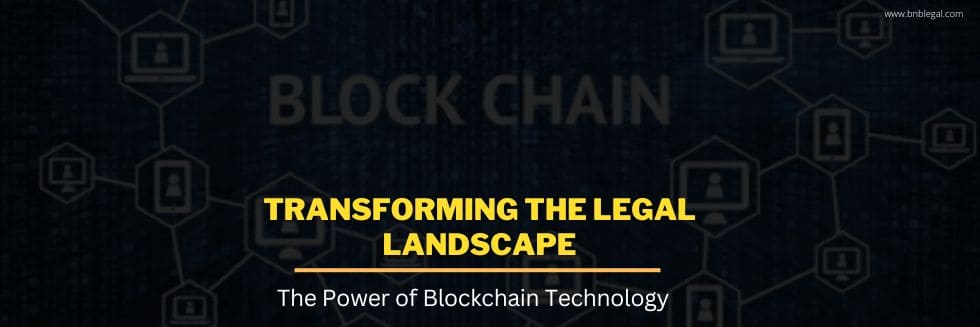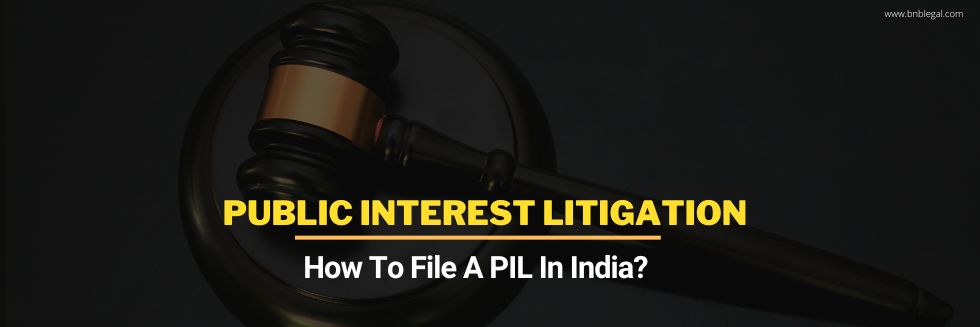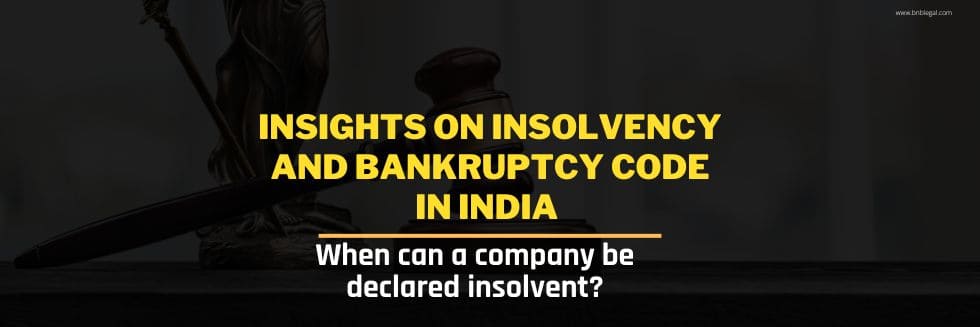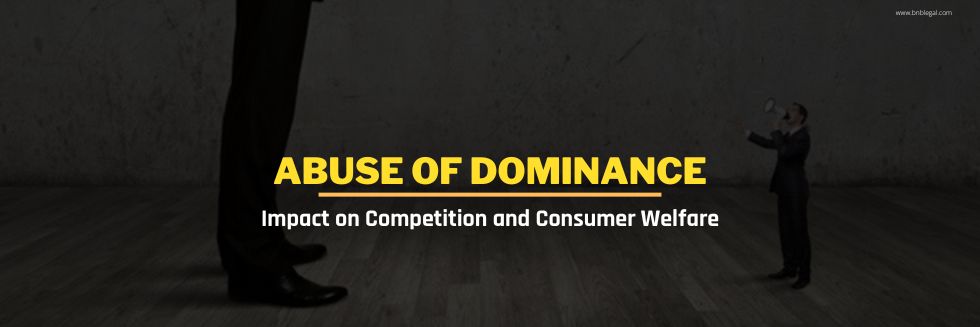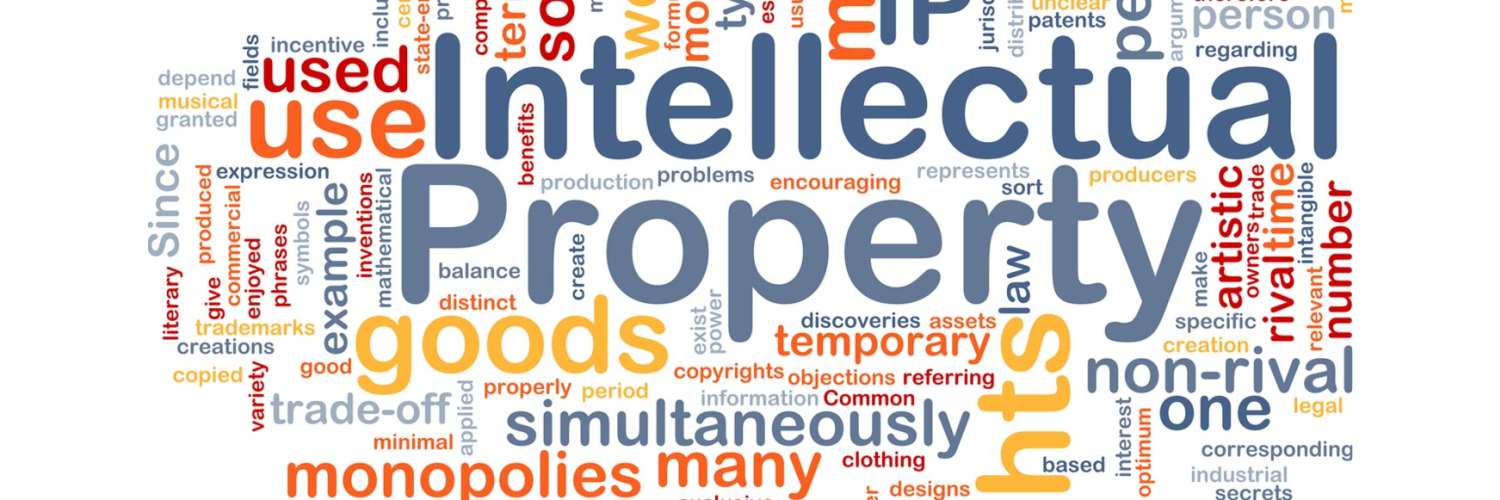Overview:
TRIPS (Agreement on Trade-Related Aspects of Intellectual Property Rights) is an international agreement between all the member nations of the WTO (World Trade Organization). It lays down the minimum standards for the regulation by governments of many forms of intellectual property (IP) as applied to nationals of other WTO member nations. The Uruguay Round of the General Agreement on Tariffs and Trade (GATT) in1994 concluded with negotiations of TRIPS and is administered by the WTO.
The TRIPS agreement introduced intellectual property law into the international trading system for the first time and remains the most comprehensive international agreement on the intellectual property to date. TRIPS makes it mandatory for all member states to enact legislation to protect the intellectual property of the corporation of state members in respective states. It provides a balance between long-term benefits to the society and industry through knowledge creation and placing the same in public domain for the short term to benefit the IP creator through market exclusivity. It also provides an effective resolution mechanism in case of disputes systematically relating to IP.
Compulsory Licensing
Protection of pharmaceutical products through compulsory licensing is one of the most contentious parts of the TRIPS agreement. When a government allows usage of a patented product or process by someone other than the owner of the patent without the consent of the patent owner or plans to use the patent-protected invention itself, it is called Compulsory licensing. It is one of the flexibilities available in the field of patent protection included in the TRIPS Agreement.
Article 27 of the Agreement relates to patentable subject matter and states that patent rights are enjoyable without discrimination to the place of invention, the field of technology and also whether products are produced locally or are imported. Patent owners believe that this Article of the TRIPS Agreement forbids the state to give rights to generic players to make patented drugs and offer such drugs to poor at reasonable prices.
UNCHR (United Nations Commission on Human Rights and other international bodies have declared that access to medication is a fundamental element for achieving basic human rights. Regardless, an estimated one-third of the world’s population lacks regular access to even essential medicines included in WHO’s model list.
Major Issues
To address the state health emergencies, the TRIPS agreement through the Doha Declaration provides flexibility to the WTO state members to use the provision of compulsory licensing to balance the long-term incentives to innovators against the immediate public health needs of the society. It emphasizes that the TRIPS agreement should not be interpreted as preventing the WTO state members from taking necessary actions in the event of a public health emergency. The Doha Declaration provides for compulsory licensing to protect public health and save lives.
Under compulsory licensing, a generic copy is produced mainly for supply in the domestic market and not for export. The patent owner continues to have rights over the patent, including a right to be paid for the copies of the product made under the compulsory license.
Recently, a change has been introduced in the provisions of compulsory licensing. Now the TRIPS Agreement has been amended to provide for an additional type of compulsory licensing. The change follows a decision at the 2001 Doha Ministerial Conference which recognizes that countries that are unable to manufacture pharmaceuticals should be able to obtain cheaper copies produced under compulsory licenses elsewhere if need be.
The idea is that if such a country needs to turn to the option of compulsory licensing to produce required affordable drugs, producers from overseas can step in and supply the required drugs/ pharmaceuticals, even if a compulsory license is needed in that country. Therefore it is a compulsory license especially for production in one country, for export, to meet the public health needs of one or more countries.
This amendment came into force on 23rd January 2017 after two-thirds of the WTO members formally notified their legal acceptance of this change, in line with the general rules for amending WTO treaties. Member governments had unanimously agreed, back in 2005, that the agreement is amended following a proposal from African member nations. Earlier, in 2003, they had agreed on a waiver to the applicable rules, which was subsequently formalized as the legal amendment. The amended TRIPS Agreement now applies to members who have accepted it; others can still use the 2003 waiver decision pending their acceptance.
By TRIPS agreement, India has enacted legislation providing a provision for compulsory licensing under Sections 84 and 85 of The Indian Patent Act, 1970. Under Section 83 it is desirable that the patent granted in India is to be practiced. The applicant has to submit form 27 to the Indian patent office, which must contain details about the use of the granted patent technology in the Indian domain. If the protected technology is not being used up to three years after the grant of a patent, then the interested party can ask for a voluntary license under Section 84. In case the patent applicant refuses to give voluntary license then the interested party under Section 84 can approach the patent office for a compulsory license.
India has issued one compulsory license to generic Indian player Natco Pharma Ltd., for Bayer’s Nexavar, an advanced stage kidney, and a liver cancer drug. The question is whether the use of flexibilities provided by the compulsory licensing was appropriately used. Recent data indicates that there are about 100,000 patients in India suffering from different forms of renal cell and hepatic cell carcinoma and 30,000 patients are added to the patient pool every year. Over 24,000 patients die in India every year on account of these diseases. Considering the 1.2 billion population of India, the incidence of these conditions is 0.0083 percent of the population.
(This article was submitted by Gobin Phoolka of Panjab University as a part of B&B Associates’ internship program.)


